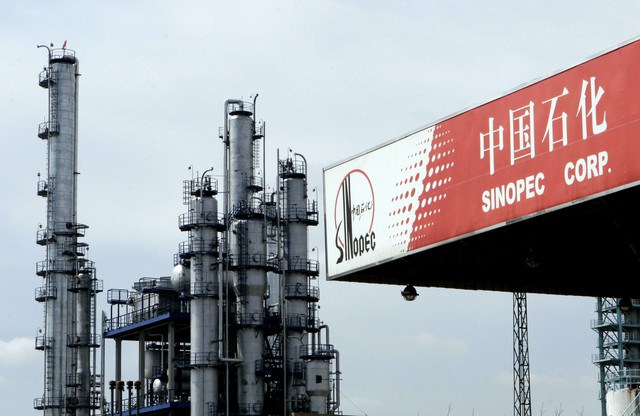The Chinese authorities have for long wanted to merge China National Petroleum Corp, the parent of PetroChina, and China Petrochemical Corp, the parent of Sinopec, in order to create a Chinese version of “Exxon Mobil”. PetroChina is China’s largest oil producer while Sinopec is the largest refiner. However, although both companies are state-run, their operations differ from those of the national oil companies in other countries. PetroChina and Sinopec currently are major competitors in almost all sectors – oil and gas production, trading, refining or retail sales. Moreover, both firms have been active offshore via acquisitions and partnerships. The resulting ventures have also been competing against one another.
Recently, however, the motivation for a PetroChina-Sinopec merger went down due to the rumours that a different merger is being considered. It has been reported that the Chinese authorities are considering a merger between China National Offshore Oil Corp, the parent of CNOOC, and Sinochem Corp. China is keen on forming a giant oil company, such as Exxon Mobil, in order to facilitate its competitiveness on a global scale. If Beijing succeeds, the newly created entity will undoubtedly overshadow Exxon, the world’s largest publicly traded oil company. On the other hand, it is hard to assess how big the benefit of forming such a giant would be and whether it could overweigh the costs.
Although there would be obvious cost savings thanks to the combination of the operations with the back office, this would also imply downsizing. The possibility of cutting jobs haunts Chinese authorities as Chinese state-run firms put an emphasis on providing employment. Therefore, it could be very hard for Beijing to justify downsizing that would be an inevitable consequence of a Western-style merger. Most analysts agree that both PetroChina and Sinopec are big enough to be major players in the global markets on their own and there is probably no need for a company bigger than Exxon.




